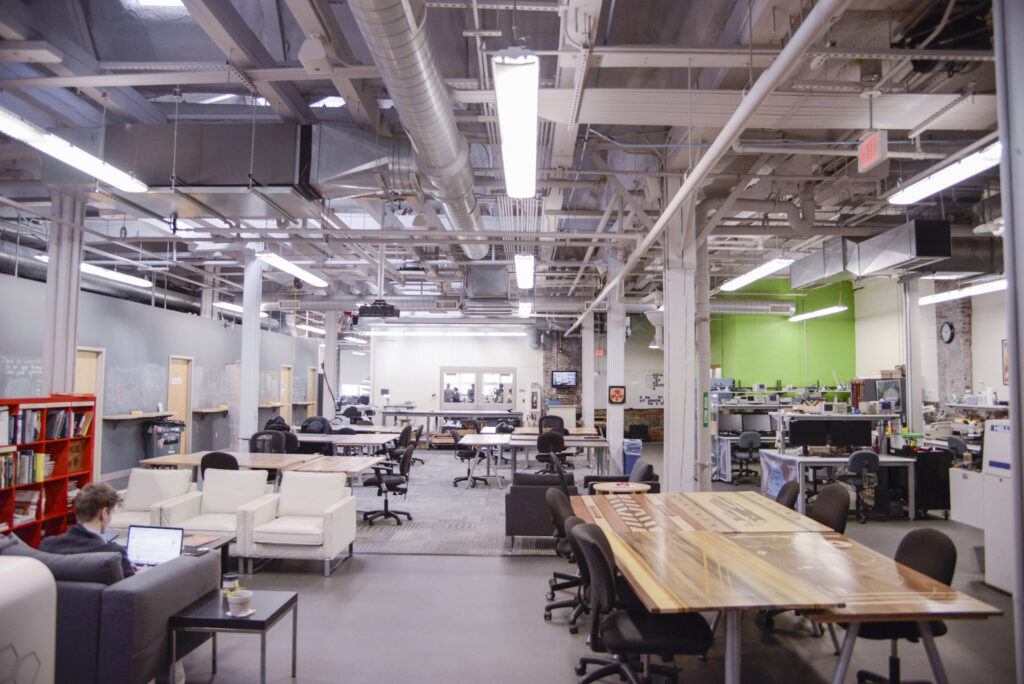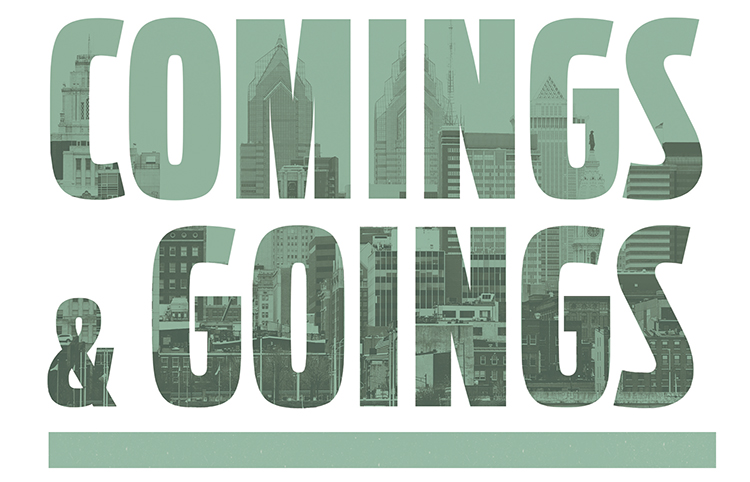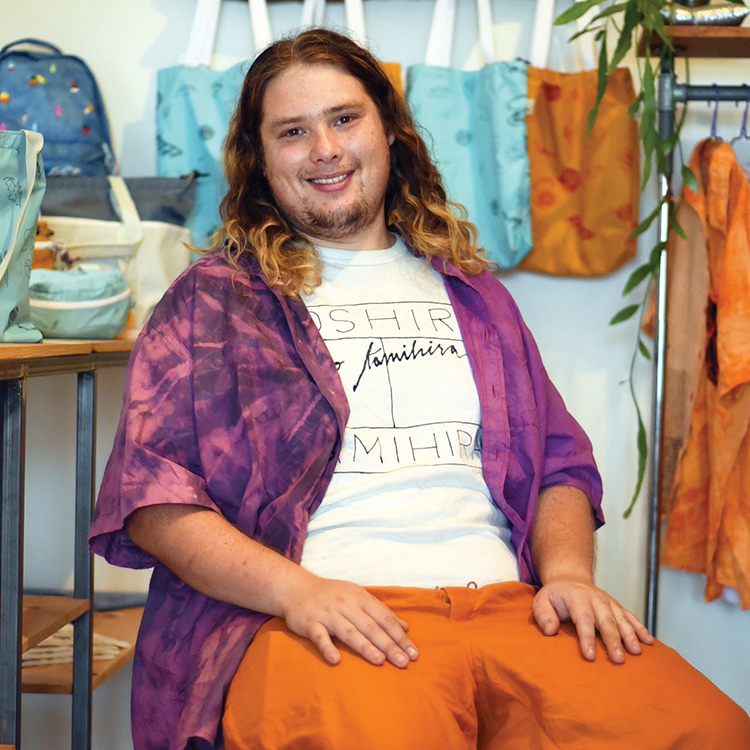NextFab’s expansion is also an evolution from makerspace to incubator
By Danielle Corcione
Entrepreneur Jessie Garcia walked into Philadelphia-headquartered makerspace NextFab with an idea, and walked out with her company, Tozuda.
A former student athlete who knew the risks of repeated head injuries, Garcia developed a small sensor that can be attached to any type of helmet. It activates under force and changes color to indicate concussion risk, and the product comes with a can’t-forget-it tagline: “If it’s red, check your head.”
At other makerspaces, Garcia may have just gone in, prototyped her product and walked out. In fact, that’s what she may have done when NextFab first opened its doors in 2010, when Evan Malone founded NextFab to bring the maker movement—an umbrella term for independent inventors, designers and tinkerers—to the City of Brotherly Love.
Particularly, Malone wanted to “bring in advanced manufacturing tools to help entrepreneurs and artists use these tools and do great things.” He teamed up with University City Science Center to open a West Philadelphia location more as a “gym” than the cohesive, complex spaces he runs today.
But now, in addition to providing the physical tools to help professionals kickstart their businesses, NextFab wants to be a development resource, especially for first-time entrepreneurs. The space has started an incubator program that hosts companies such as Garcia’s on-site and helps them get the answers they need to move forward as a business.
“[NextFab] took my product to the next level in terms of manufacturing capabilities,” Garcia adds. “[Before], I only had access to a 3D printer, but now, things that would cost me several thousands of dollars, I can make now for a 10th of the price. I’ve learned skills I can repeat over and over. Before, I would’ve contracted these skills out.”
Under NextFab’s mentorship, Garcia’s original target demographic of student athletes expanded into the much larger markets of professional sports players and construction workers, giving her young company an even greater chance for success.
“[The incubator program] helped me think bigger,” Garcia says. “I came in very focused on athletics, but with [Next Fab’s venture services manager’s] help, we realized we should look at different market segments that are affected by concussions and brain injuries.”
NextFab is pinning its own success as a company on positioning itself as a place where entrepreneurs can take advantage of a holistic approach to product development, and remaining flexible and nimble. While other local makerspaces—such as the Department of Making + Doing and the Philadelphia Sculpture Gym—have closed, Malone’s network has continued to expand. In addition to two locations in Philadelphia, they’ve opened a Wilmington, Delaware, location.
“We’ve got a lot of investment capital,” Malone explains. “We’ve got great people. We have a lot of different methods of making money and don’t have all our eggs in one basket. The maker movement is evolving rapidly. It doesn’t pay to have a locked-in model, from my perspective.”
Each space provides informative classes in 2-D and 3-D printing and photography, design software, electronics, jewelry, laser cutting and engraving, metalworking, textiles and woodworking. Class levels begin at “introductory” and progress to “expert.” This constant knowledge exchange helps makers become more well-rounded and network with other members, who may potentially become business partners or colleagues.
“Each location is a collection of shops,” added Laate Olukotun, marketing manager of NextFab. “Traditionally, most of the shops would be their own businesses and private entities. What’s cool about NextFab is that under one roof, you have everything from a wood shop to a metal shop.”
Membership plans—which grant access to classes, resources, equipment, a growing community and expert staff at all three locations—range from $19 to $199 per month.
Malone says the accelerator program that Garcia participated in takes a would-be business titan “from raw idea to launching a business and getting ready to reach the market. It takes companies through all the necessary steps for a successful business model.”
In addition to providing mentorship and tools over a 12-week period, NextFab invests up to $25,000 in each team in its RAPID Hardware Accelerator program—look for the launch of their third accelerator cohort this fall.









